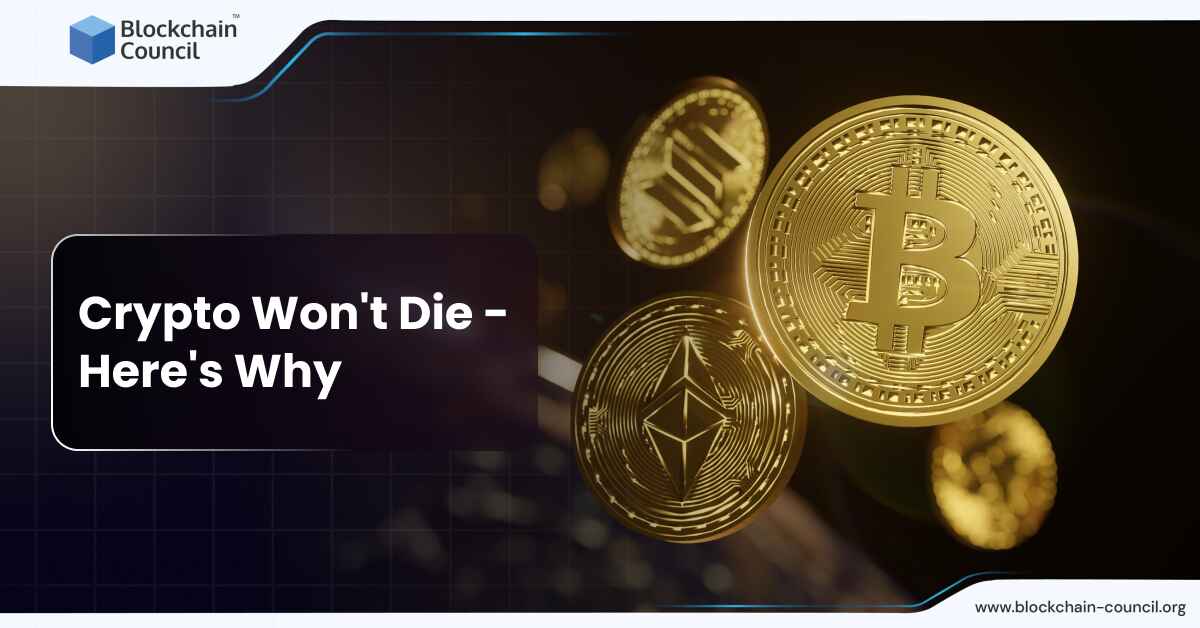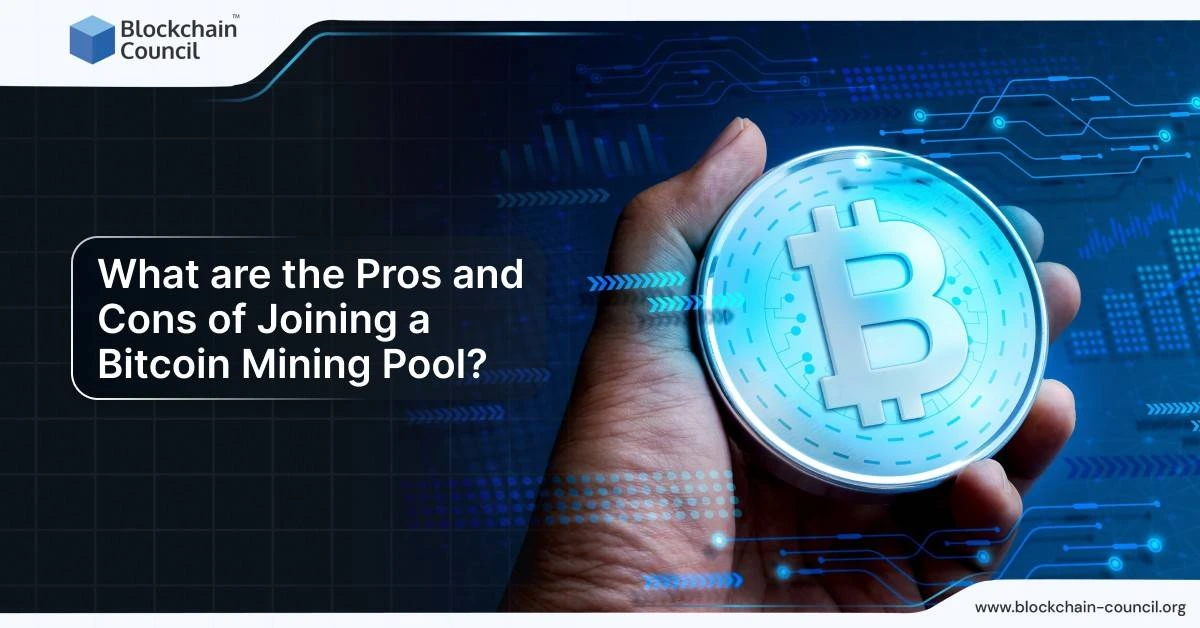
- Blockchain Council
- January 24, 2025
Over the past few years, cryptocurrencies have grown to include Real-World Asset (RWA) projects. These initiatives aim to connect physical assets with digital platforms by converting tangible items into digital tokens through blockchain. This process, called tokenization, allows physical assets like real estate, gold, or bonds to have ownership rights represented digitally. Such tokens are easily tradable, divisible, and provide better accessibility for investors.
For example, a property owner can issue digital tokens tied to their real estate’s value. These tokens allow multiple investors to own portions of the property, potentially earning rental income or profits from value appreciation. This approach improves liquidity and makes it easier for more people to invest.
But are all RWAs successful? Standing in 2025, let’s examine the top 10 RWA crypto projects that are expected to remain relevant for the long term.
Top 10 Real-World Asset (RWA) Crypto Projects
1. Rexas Finance
Rexas Finance has gained prominence with its fresh take on tokenizing assets. By splitting ownership of items like art, commodities, and real estate, the project has made investing more accessible. In 2024, Rexas raised $35 million during its eleventh funding round. The capital helped form key partnerships, including one with a prominent real estate company to tokenize commercial properties. These strides highlight its growing influence in this space.
2. Chainlink
Chainlink has cemented its role in the RWA sector by offering decentralized oracles that connect blockchain systems with real-world data. This service is essential for tokenized assets needing real-time data, such as pricing. In late 2024, Chainlink introduced its Cross-Chain Interoperability Protocol (CCIP), simplifying operations across multiple blockchains for tokenized assets. Hosting more than 500 developer events globally, Chainlink has solidified its leadership in combining blockchain with real-world applications.
3. Ondo Finance
Ondo Finance focuses on converting fixed-income assets, like U.S. Treasury-backed instruments, into digital tokens. Its standout product, USDY, offers stable and dependable yields. Recently, the company launched Ondo DeFAI, a decentralized AI-driven platform, to enhance investment strategies for institutional clients. This has significantly boosted its total value locked (TVL) and reinforced its position as a top player in RWA-focused decentralized finance.
4. MANTRA
MANTRA operates as a blockchain ecosystem offering solutions like tokenization, lending, and staking. Backed by $11 million in funding from Shorooq Partners, it is developing infrastructure compliant with RWA standards. The project has initiated a housing-focused tokenization venture in Asia, addressing middle-income housing shortages and promoting financial inclusion through blockchain.
5. XDC Network
XDC Network provides an enterprise-level blockchain platform tailored for global trade and financial operations. Its protocol enables tokenizing trade finance assets like invoices and letters of credit, improving liquidity for cross-border trade. In 2024, XDC became part of Singapore’s IMDA TradeTrust initiative, which enables digital trade document management. This move has positioned XDC as a leader in tokenized trade finance solutions.
6. Quant
Quant focuses on ensuring smooth integration between various blockchain networks. Its Overledger technology connects multiple systems, supporting RWA initiatives. In 2024, Quant collaborated with a European banking group to pilot tokenized cross-border settlements. This project demonstrated its ability to integrate traditional finance with digital systems, paving the way for tokenized economies.
7. MakerDAO
MakerDAO remains a trailblazer in decentralized finance, expanding into RWAs. In 2024, it allocated $1 billion to tokenized U.S. Treasury assets to diversify collateral for its stablecoin, DAI. Additionally, MakerDAO launched the Sky Protocol in August 2024, rebranding its ecosystem and introducing Sky Dollar (USDS) and SKY tokens. These changes reflect its efforts to integrate traditional finance into blockchain systems.
8. Tether Gold (XAUT)
Tether Gold provides tokens backed by physical gold reserves, with each token linked to one troy ounce of gold stored in Swiss vaults. In late 2024, Tether introduced a redemption program allowing investors to directly exchange tokens for physical gold, boosting confidence in the platform. This initiative has attracted conventional gold investors to the digital space.
9. Reserve Rights (RSR)
Reserve Rights focuses on maintaining its Reserve Token (RSV), a stablecoin backed by diverse real-world assets. The project has built partnerships with financial institutions in Latin America, where RSV helps counter inflation. This regional focus has positioned Reserve Rights as a major player in markets where currency instability is common, showcasing the practical benefits of tokenized RWAs.
10. Hamilton
Hamilton operates as a Bitcoin-based protocol offering tokenized U.S. Treasury bills and stablecoins. In January 2025, it secured $1.7 million in funding to broaden its offerings, reflecting growing interest in tokenized RWAs. Hamilton aims to make secure financial products accessible to both individual investors and institutions worldwide.
Conclusion
These ten projects illustrate the transformative potential of blockchain technology in managing and trading assets. By creating systems for tokenization, they reduce entry barriers, improve liquidity, and provide greater transparency. Each initiative plays a unique role, from enhancing interoperability to integrating artificial intelligence, and is paving the way for a new era of financial innovation. And to know more about the crypto world and make your mark in it, consider getting certified with programs like the Certified Cryptocurrency Expert™ (CCE).





































































 Guides
Guides News
News Blockchain
Blockchain Cryptocurrency
& Digital Assets
Cryptocurrency
& Digital Assets Web3
Web3 Metaverse & NFTs
Metaverse & NFTs
